Three Family Members Diagnosed with Thyroid Nodules – The Mother Collapses: “I Thought Eating More of Those Two Things Prevented Cancer”
When Mrs. Lan, a 56-year-old mother from a small town, accompanied her teenage daughter to the hospital for a routine check-up, she never expected the visit to end in heartbreak. Not only was her daughter diagnosed with thyroid nodules, but further tests revealed that both Mrs. Lan and her husband had the same condition. Stunned and confused, she broke down in tears in the hospital hallway, repeating the same sentence: “I thought eating more of those two things would protect us from cancer…”
Thyroid nodules, though not always cancerous, are abnormal growths that form in the thyroid gland. They are becoming increasingly common, and while many are benign, some can develop into thyroid cancer if left unchecked. What was most concerning in this case was that all three family members developed nodules within a relatively short time frame — something doctors found unusual and alarming.
Dr. Preecha Samutsakorn, the endocrinologist treating the family, stated, “We don’t often see entire families diagnosed at once unless there’s a strong genetic or environmental factor. After a detailed consultation, it became clear that diet played a significant role.”
The Two “Healthy” Foods That Weren’t
Mrs. Lan tearfully admitted that she had encouraged her family to consume two specific foods almost daily: seaweed and soy-based products. She believed — as many people do — that these foods were not only healthy but could also prevent cancer. “I read online that seaweed is good for the thyroid and that soy helps prevent tumors,” she explained.
But the truth is more complex.
While seaweed does contain iodine — essential for thyroid function — excessive consumption can lead to iodine overload, especially in people who are already getting enough from their regular diet. Too much iodine can actually disrupt thyroid hormone production and promote the formation of nodules.
Soy, too, while rich in protein and beneficial in moderation, contains compounds known as goitrogens. These substances can interfere with thyroid function by inhibiting iodine uptake. For individuals with borderline or existing thyroid issues, excessive soy intake may accelerate nodule development.
A Dangerous Assumption
Dr. Preecha emphasized that one of the most dangerous health trends today is the assumption that if something is “healthy,” then more of it must be better. “There is no such thing as a universally good food. Everything depends on the quantity, the individual's health status, and how it fits into the broader diet,” he warned.
The family’s story is a cautionary tale of well-intentioned choices gone wrong. They were not eating junk food or living recklessly. In fact, they thought they were doing everything right — avoiding processed foods, eating plenty of vegetables, and following health blogs that promoted superfoods.
The Importance of Balance and Screening
Fortunately, early screening meant that none of the three had malignant tumors. All are now undergoing treatment and dietary counseling. The doctor recommended a balanced approach: seaweed no more than once or twice a week, moderate soy consumption, and regular thyroid checkups — especially for those with a family history or symptoms like fatigue, swelling in the neck, or changes in voice.
Mrs. Lan now shares her story with other families in her community. “If I could turn back time, I would ask more questions, read from trusted sources, and never assume that more is always better,” she says.
In conclusion, this case serves as a sobering reminder that health advice must be based on science, not assumptions. Foods that are beneficial in small amounts can become harmful in excess. The best defense against illness is not just healthy eating — it’s informed eating, regular checkups, and staying aware of our bodies' signals.
News in the same category


Discovered to Have One of the Deadliest Cancers After Just One Warning Sign
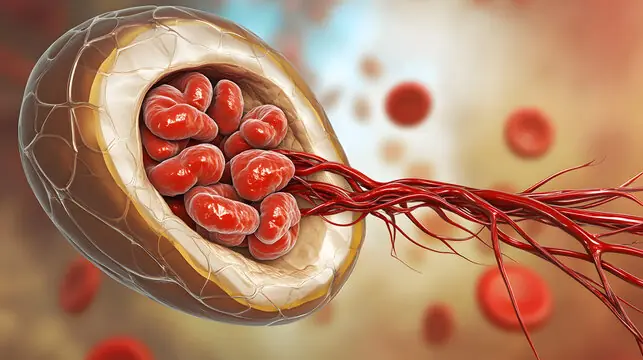
New Tiny Machine Removes Cholesterol from Arteries Without Surgery
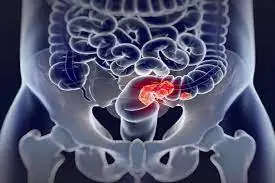
Powerful Simulation Reveals How Cancer Progresses and Ultimately Causes Death
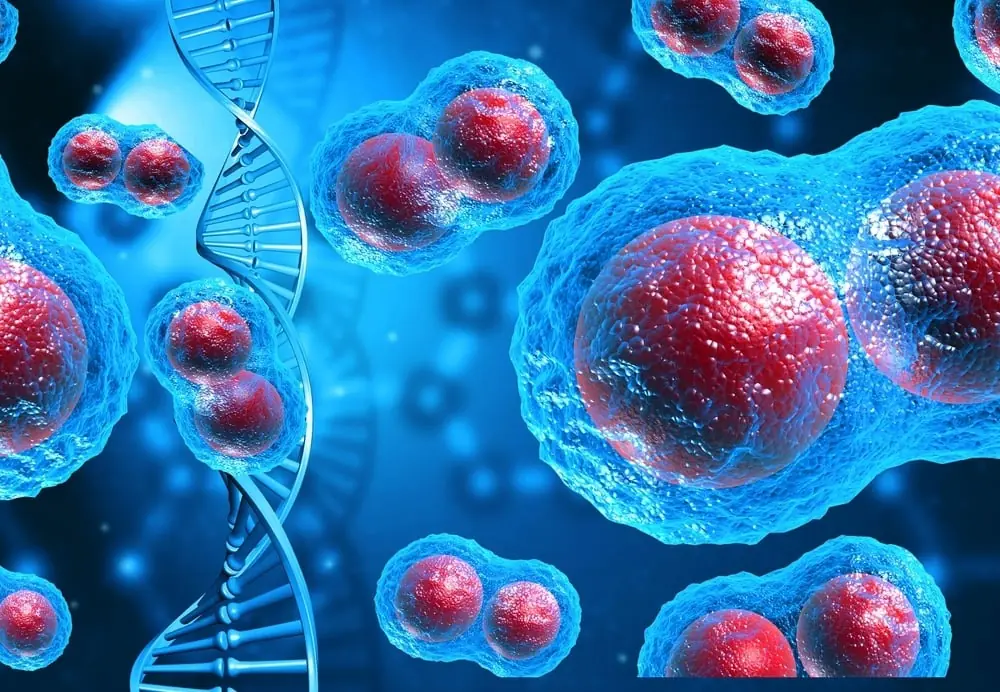
A Family of Four Siblings Diagnosed with Stomach Cancer – Doctor Shakes His Head: Two "Deadly" Common Habits Many People Share
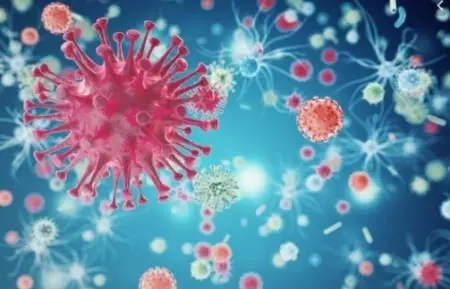
A 49-Year-Old Man Dies of Brain Hemorrhage – Doctor Warns: No Matter How Hot It Gets, Don't Do These Things
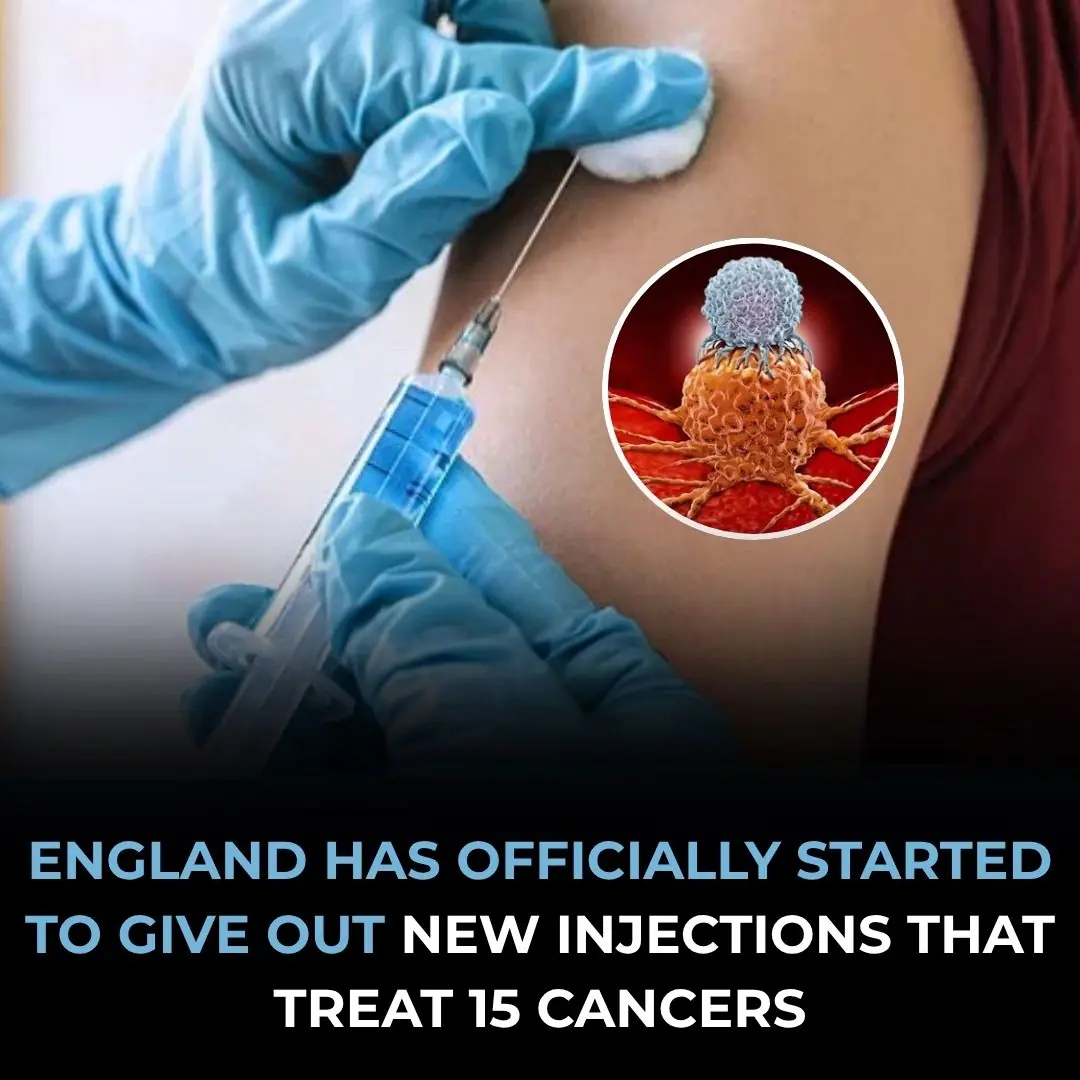
England Has Officially Started To Give Out New Injections That Treat 15 Cancers
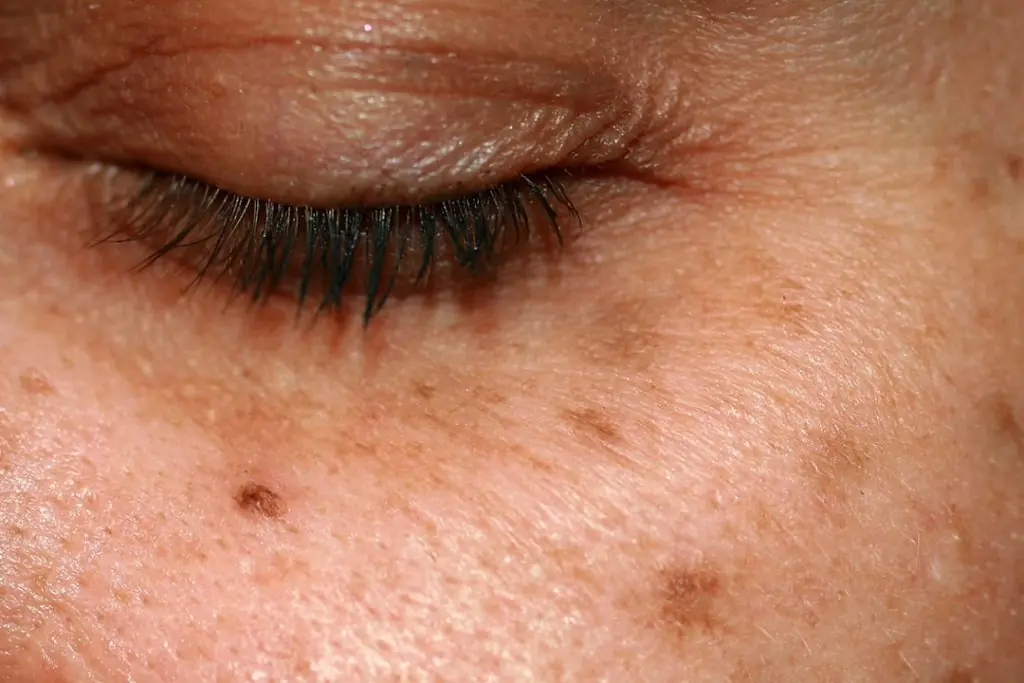
How to Fade Age Spots: Causes, Treatments, and Prevention That Actually Work
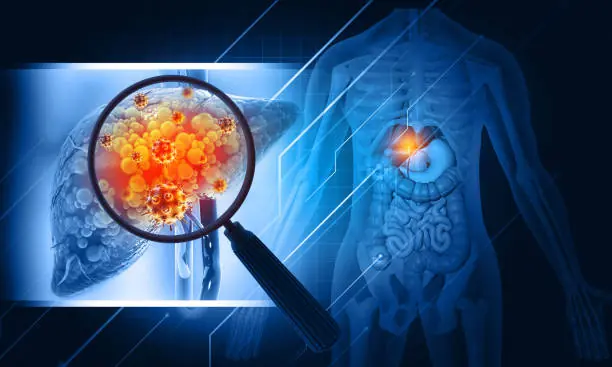
Early Warning Signs of Liver Damage — And How to Protect and Strengthen Your Liver Naturally
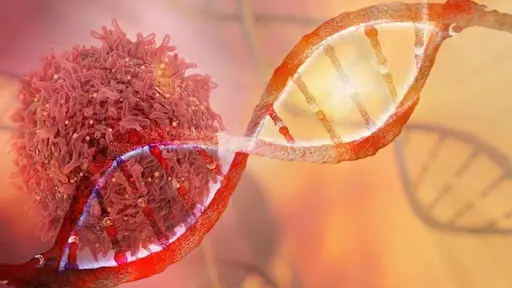
Two Itchy Areas on the Body May Signal Liver Cancer—Many Mistake It for an Allergy

The Number of People with Thyroid Nodules Is Increasing! Doctors Repeatedly Emphasize: Eat Fewer Tomatoes and More of These 3 Foods

More and More People Are Suffering from Visceral Fat! Doctor: 9 Foods That Help Reduce Visceral Fat – Eat Them Regularly
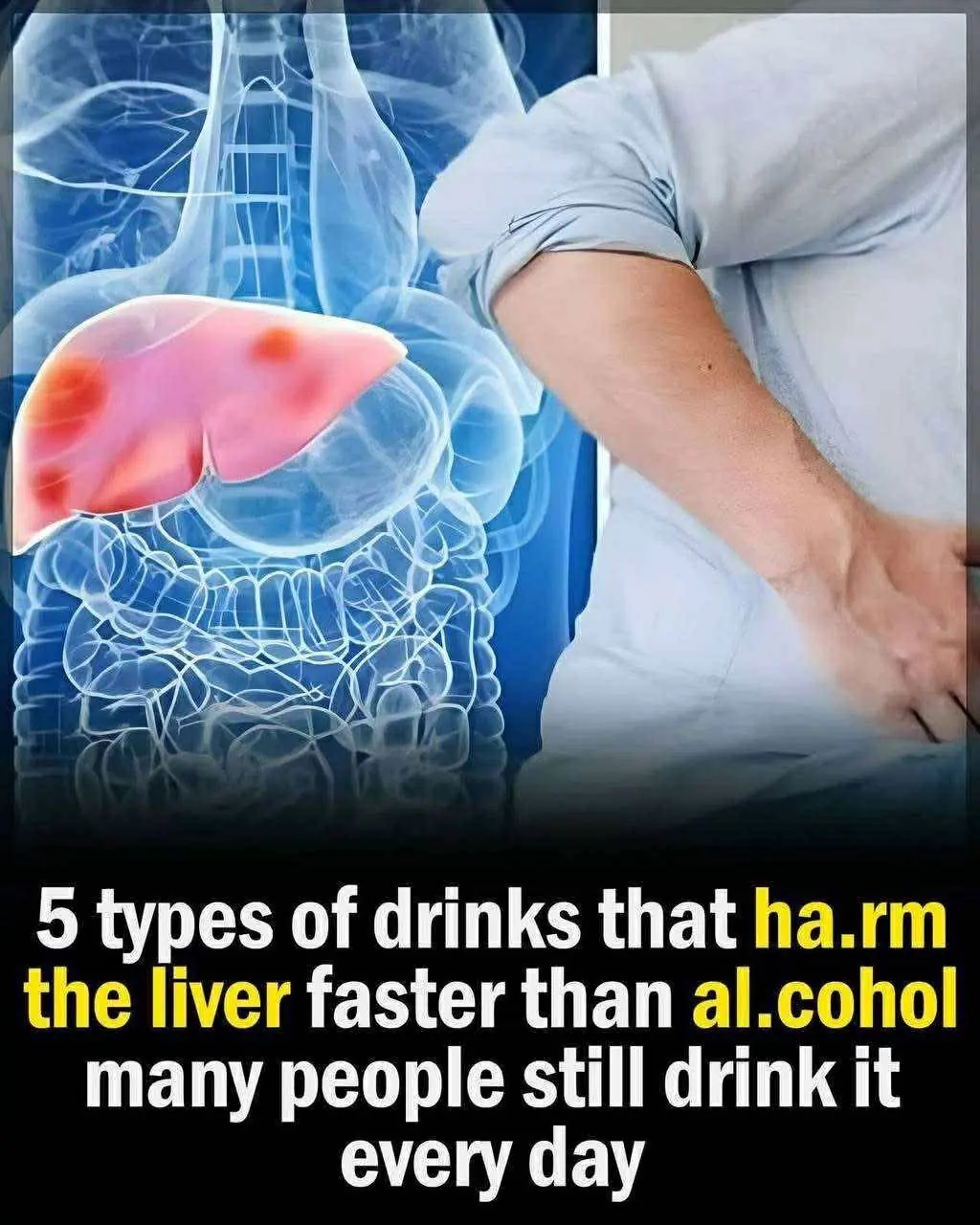
5 everyday drinks that can harm your liver like alcohol

Your Guide to Preparing for the Gynecologist: 10 Key Dos and Don’ts

A 6-year-old boy diagnosed with late-stage canc3r, his father regrets after doctors reveal the cause linked to a popular type of beverage

If Your Parent Shows These 4 Signs, They May Be Nearing the End of Life. Prepare Yourself for What’s to Come
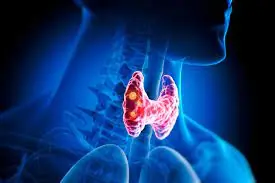
Top 13 Signs That You May Have a Thyroid Disorder
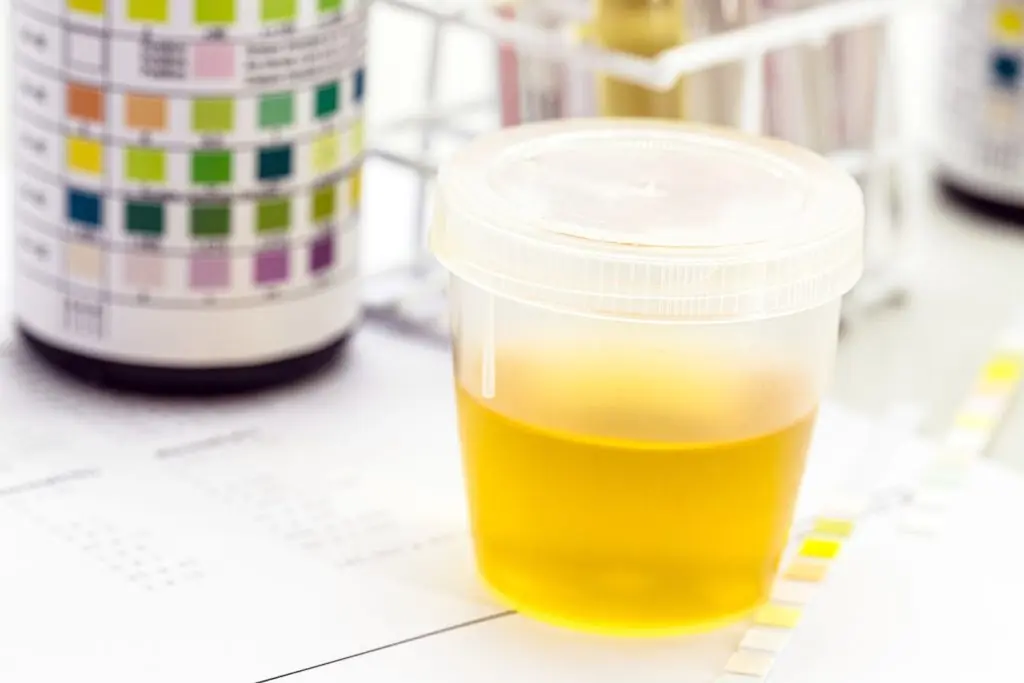
What Can Your Urine Tell You About Your Health?
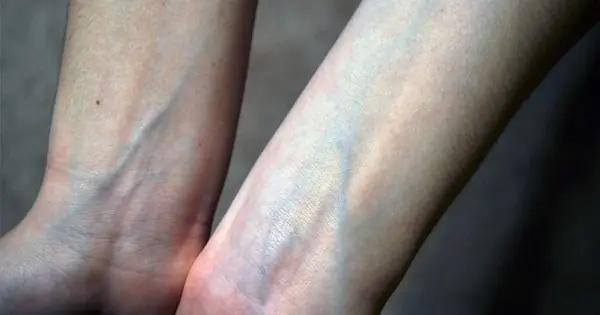
If You See Someone with Prominent Blue Veins, You Must Tell Them This — It Could Save Their Life
News Post

Afraid of Surgery, the Woman Used This for 6 Years to Shrink Her Tumor Based on a Tip – Oncologist’s Four Words Left Everyone Stunned

Discovered to Have One of the Deadliest Cancers After Just One Warning Sign

The Surprising Benefits of Drinking Turmeric Water at Night: 8 Reasons You Should Make It a Habit Today 🌙
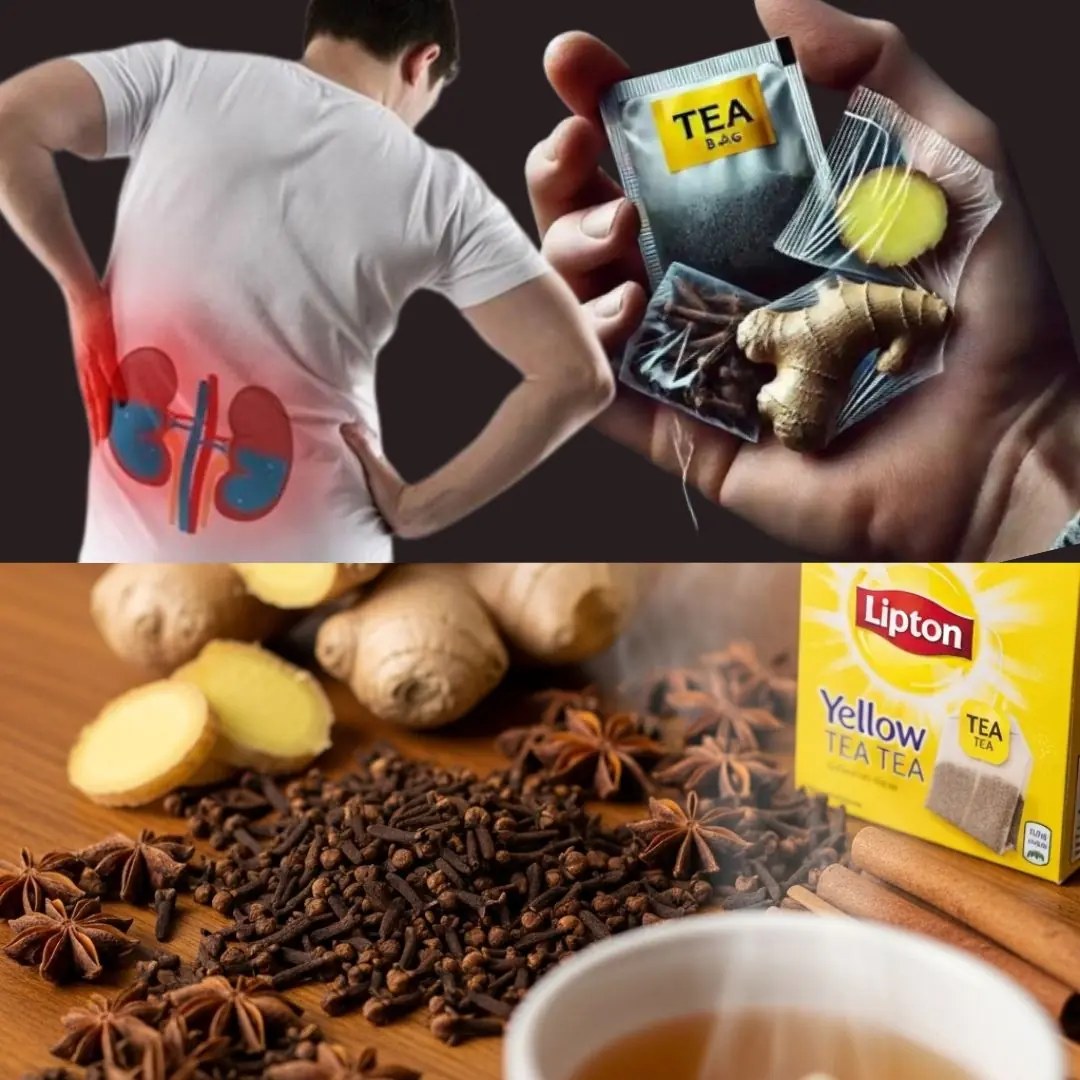
Cloves, Ginger, and Lipton Tea: A Health-Boosting Trio Worth Gold

New Tiny Machine Removes Cholesterol from Arteries Without Surgery

Powerful Simulation Reveals How Cancer Progresses and Ultimately Causes Death

At My Husband’s Birthday Party, My Son Pointed and Said, 'That’s Her. The Same Skirt.'

My Husband Took Me on a Surprise Cruise — But When I Opened the Door, Everything Fell Apart

My Wife Found a Midnight Hobby – It Nearly Drove Our Neighbors Away

I Got Seated Next to My Husband’s Ex on a Flight – By the Time We Landed, My Marriage Was Over

One Day, I Saw a 'Just Had a Baby' Sticker on My Boyfriend's Car — But We Never Had a Baby
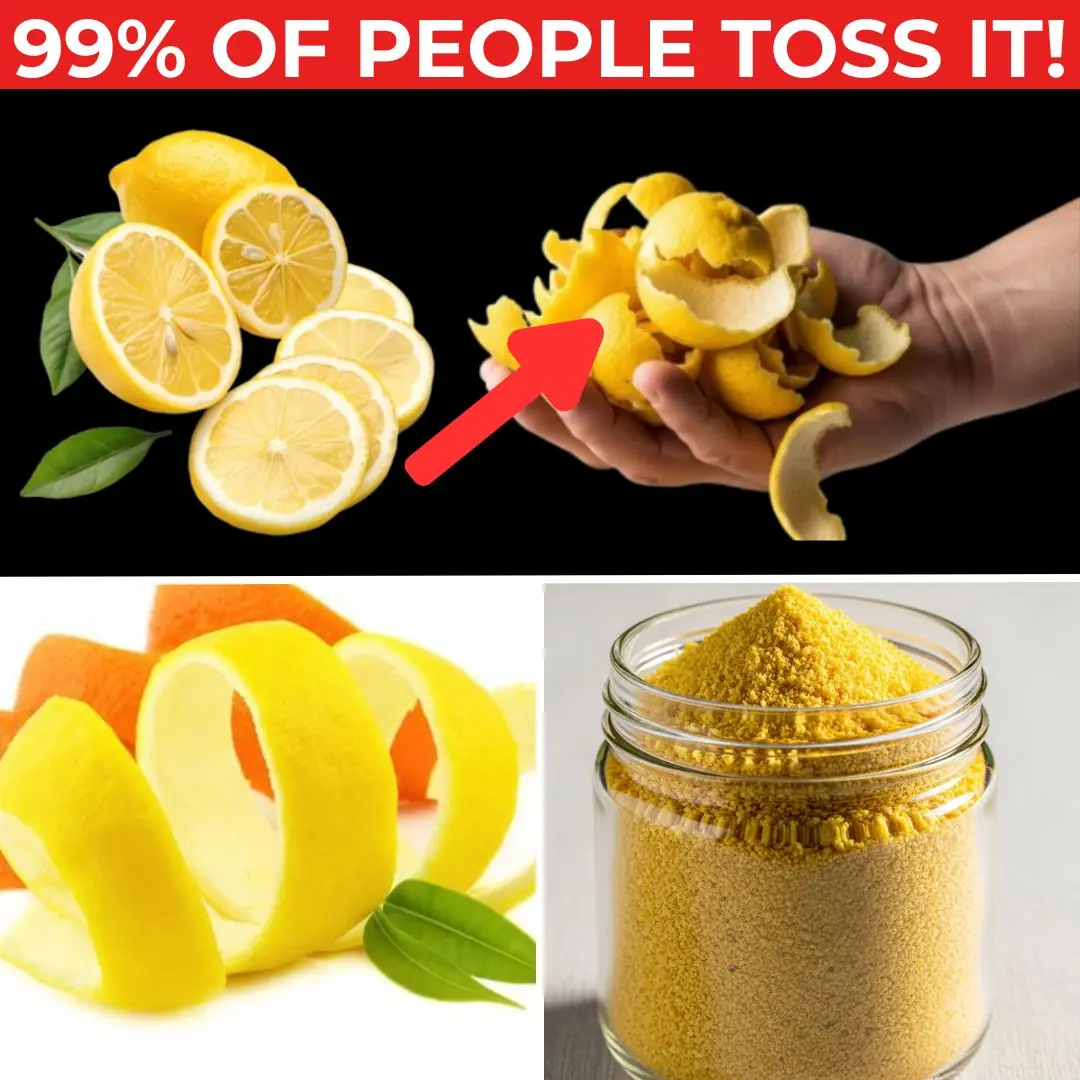
Never Throw Away Lemon Peels Again: 12 Unusual Ways to Use Them
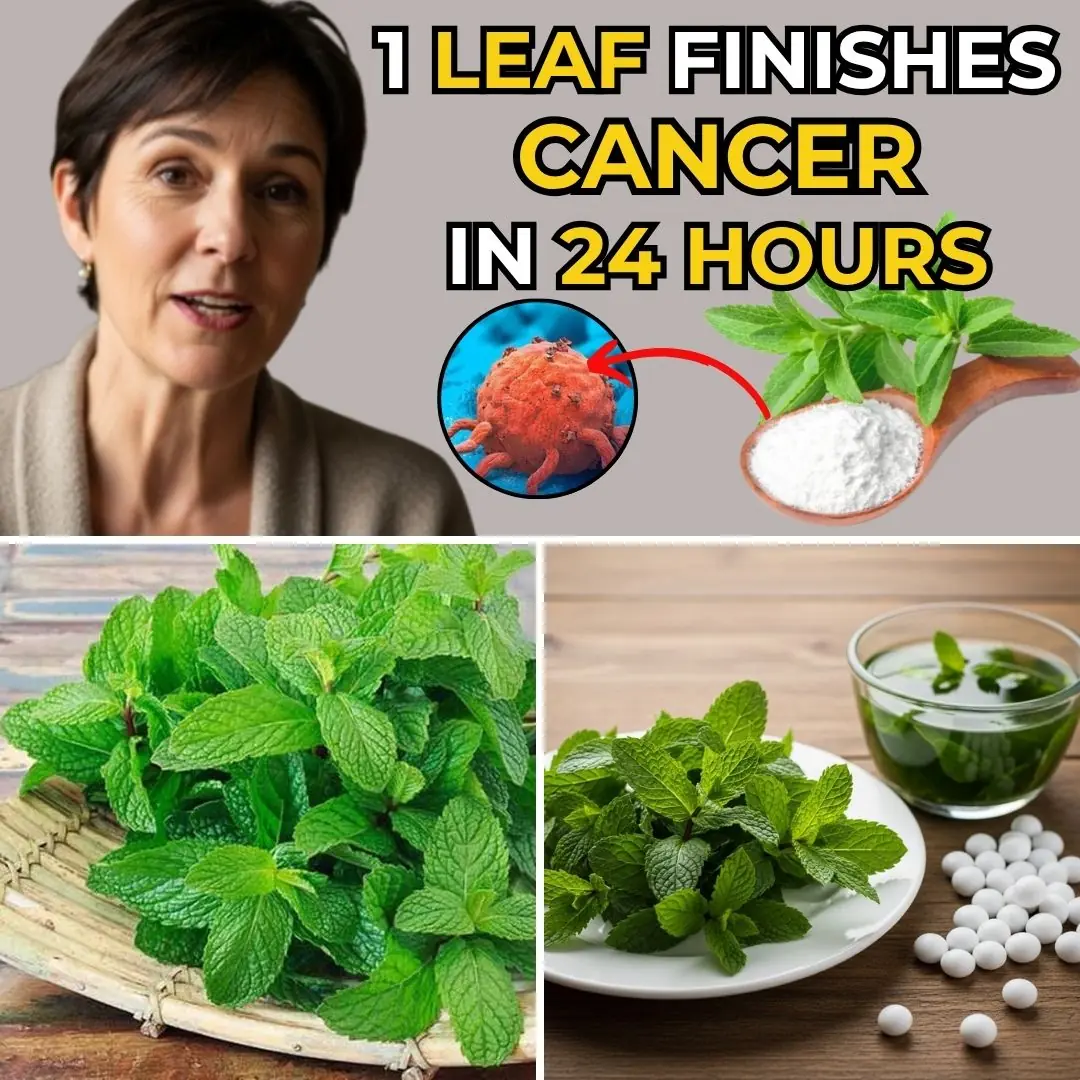
How People Over 50 Can Supplement Fiber for Better Health

Unleash Your Inner Alpha: The Natural Nighttime Boost You Need
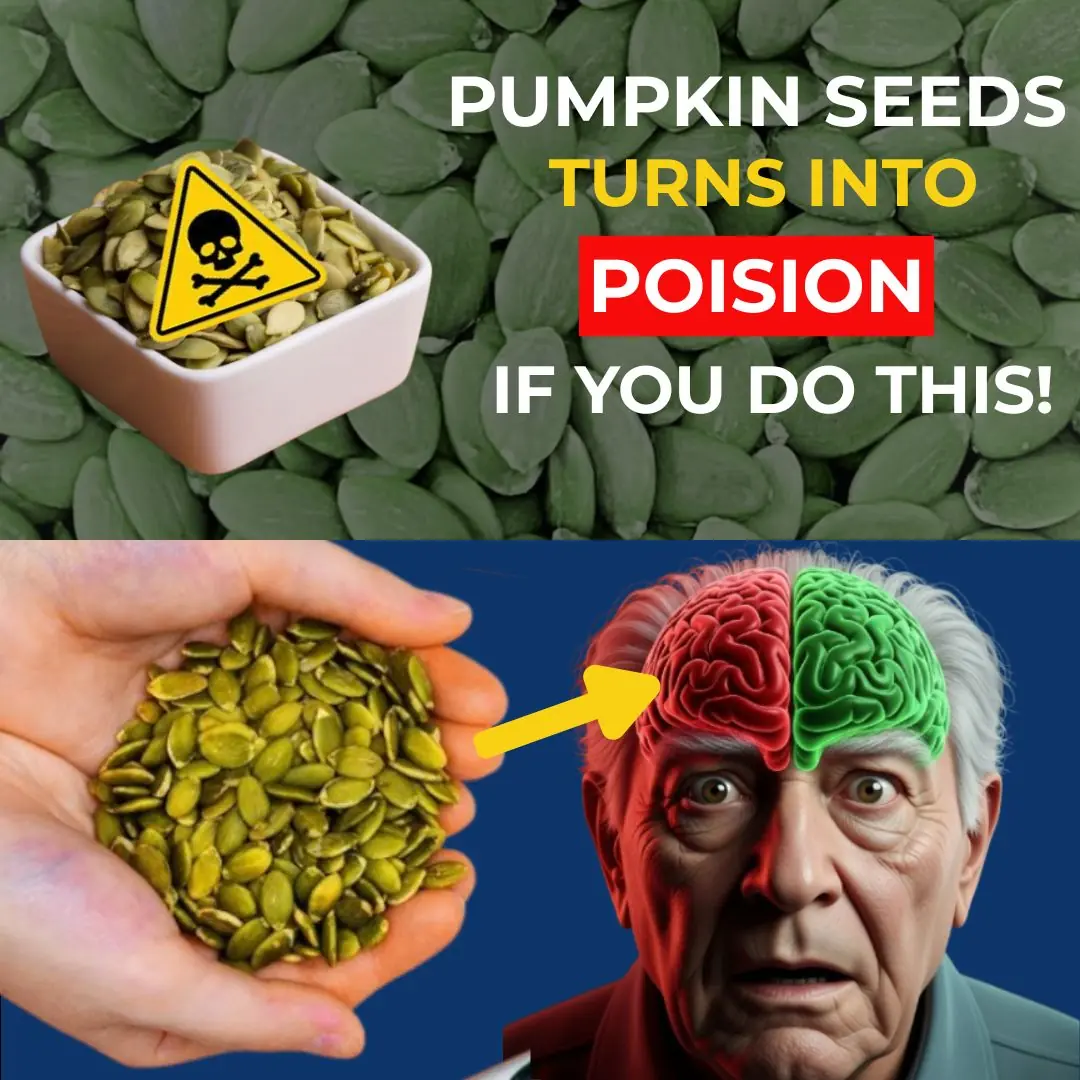
Stop Now! These 8 Pumpkin Seed Mistakes Trigger Irreversible Reactions in Your Body

The photograph of a little boy who became one of the most recognizable men today

A Family of Four Siblings Diagnosed with Stomach Cancer – Doctor Shakes His Head: Two "Deadly" Common Habits Many People Share

A 49-Year-Old Man Dies of Brain Hemorrhage – Doctor Warns: No Matter How Hot It Gets, Don't Do These Things
